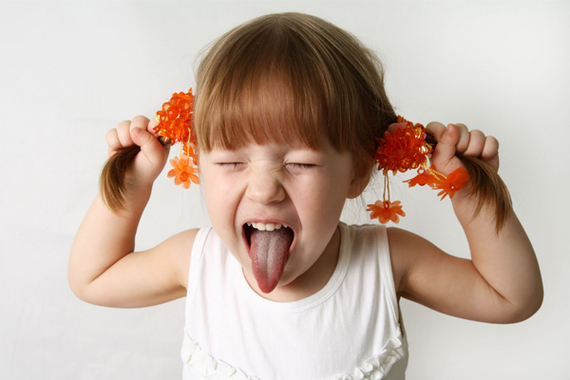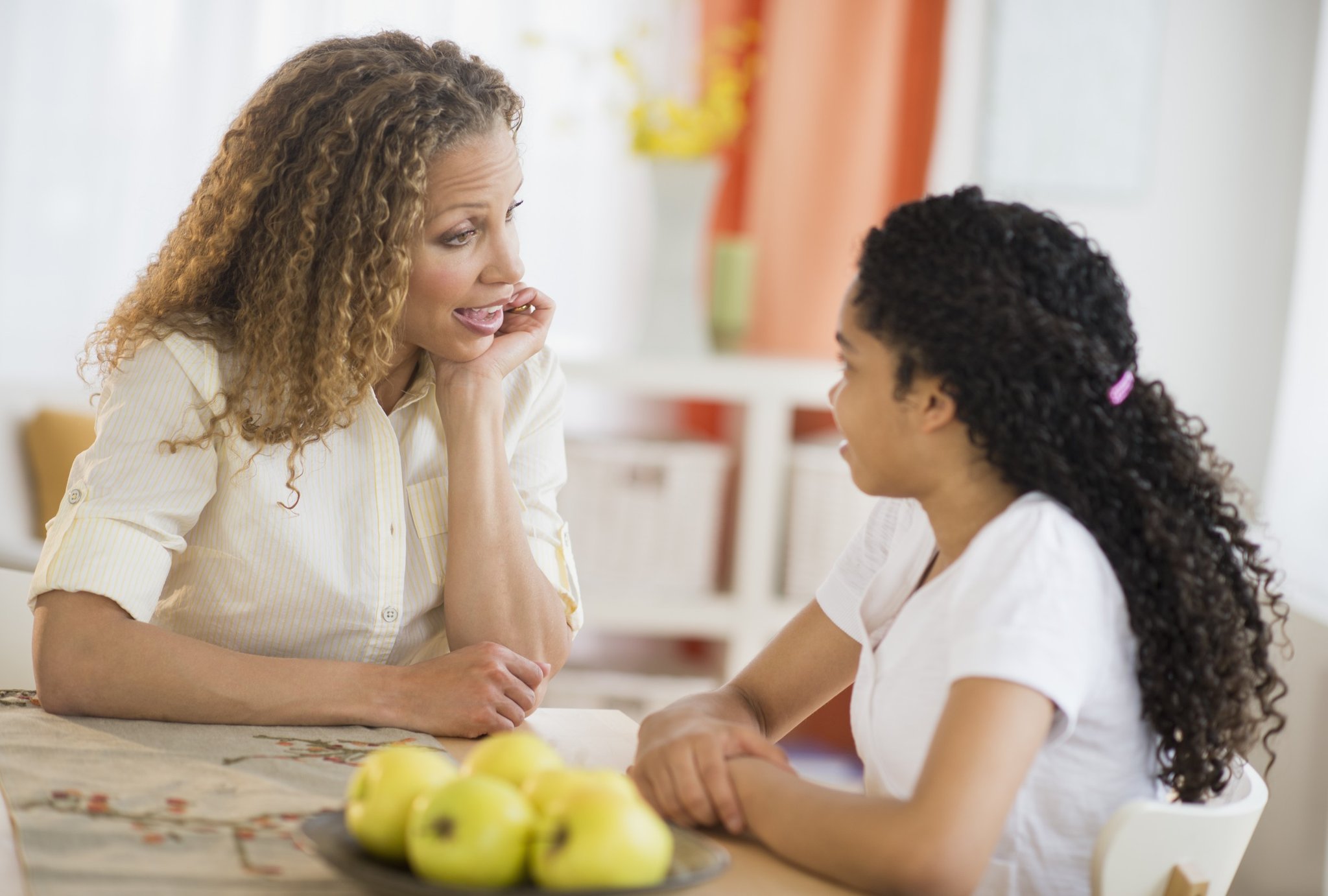We were talking in our previous article about how you can fix your child’s bad behavior and we have promised to come back with the second part. In the following we’re going to focus on you. Yes, you have read correctly. Ok, the problem starts from the kid, but also what matters in terms of behaviour is your attitude through the tense moments.
We get it may be truly hard to keep it cool, but remember that you are his example, his hero, his role model. Ready to go?
Do not! No matter the circumstances, DO NOT:
1. Do not bite and do not hit in return. It may be tempting to want to teach him a lesson and show the little one how it feels when is bitten or hit, but when you get down to their minds and act like them, you teach them that bullying is a form of conflict resolution. Not nice, right? Although it’s hard, do everything possible to keep your temper and spine.
2. Do not let your child watch violent shows or video games. Often they embody the hero as a violent character which nobody resists, and the child will understand that violence is a means of resolving a situation or a conflict. This message can be easily avoided if you, as parents, behave as a an example of behavior. Although TV may not affect all children, for those who tend to act aggressively things are different. It is important, therefore, to know the child’s temperament and its limits.
3. Do not take personally bad behavior used by your child. Many parents become frustrated and angry when the child is aggressive, because they believe the rudeness of the child is a reflection of their incapability to properly educate him. If your child is aggressive, focus to help him express himself in every situation and always be consistent in applying the rules that trace them.
When bullying is extreme
While hitting or biting are normal for most children, you have to be careful and identify what considered normal behavior goes beyond. Some of these signs include:
– defiant, hostile behavior, repeated often with you, his colleagues or even caregivers in kindergarten / school.
– easily loses temper
– he is continually arguing with adults
– deliberately engaging in actions that he knows will annoy others
– blames others
– he is always nervous or sensitive
– he is always angry or upset
– he is hateful, vengeful
It should be known that most children can experience some of the signs described above at some point in their development. But if your child manifests such behavior repeatedly and this affects his sociability (he is unable to maintain friendships, he’s isolated at school), a psychologist should be contacted in order to correctly diagnose the problems that the child may have.
To conclude, the best example of good behavior should be given by the parents first. The child sees in a parent much more than just someone who feeds and dresses him, sees a pattern.



It’s pretty hard when your child is violent and has a bad behaviour. I always try to keep calm in these conditions.